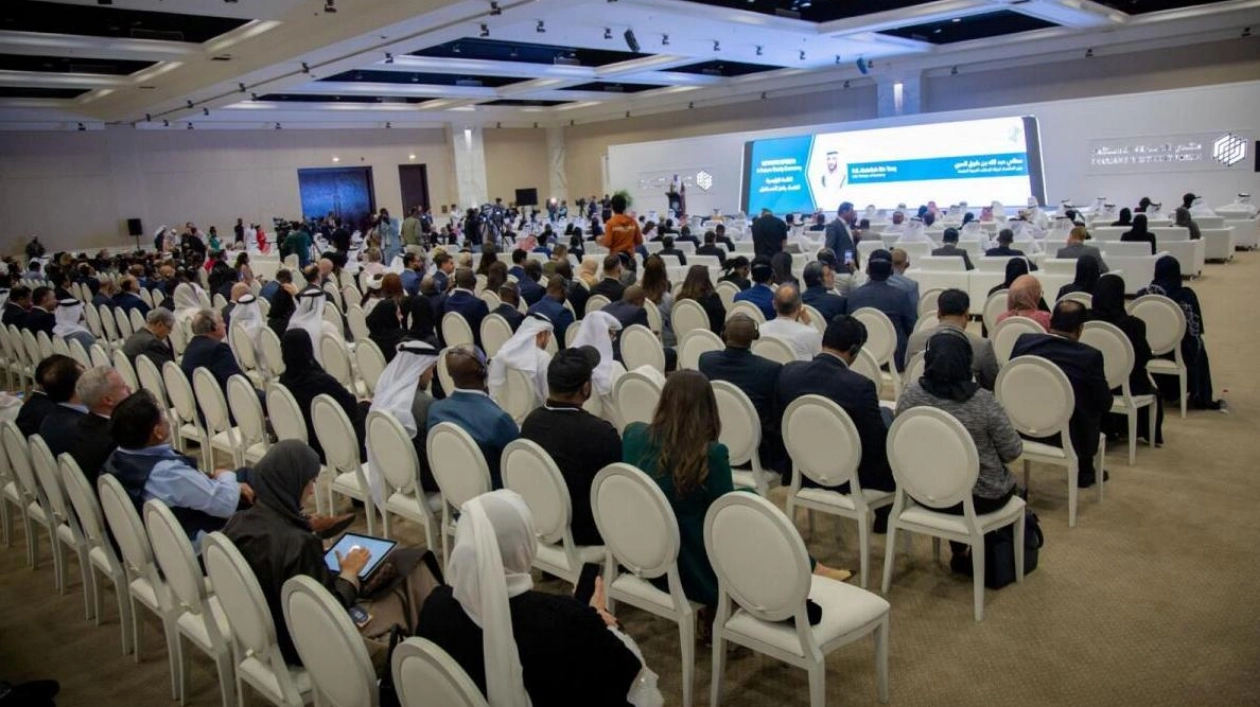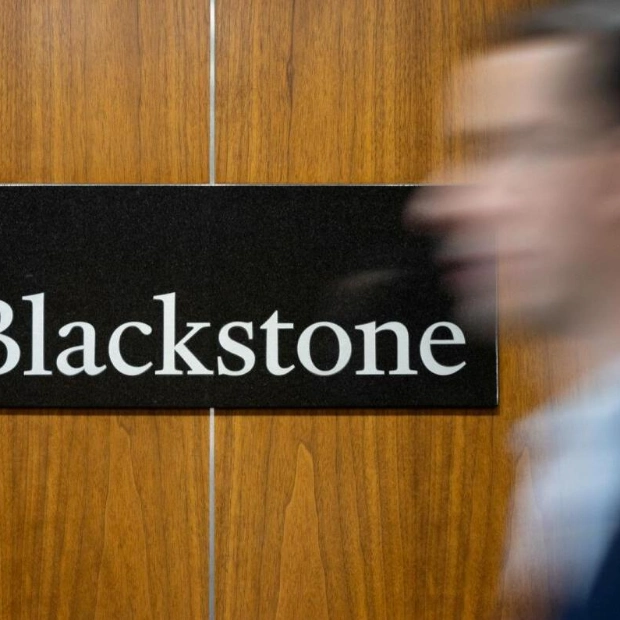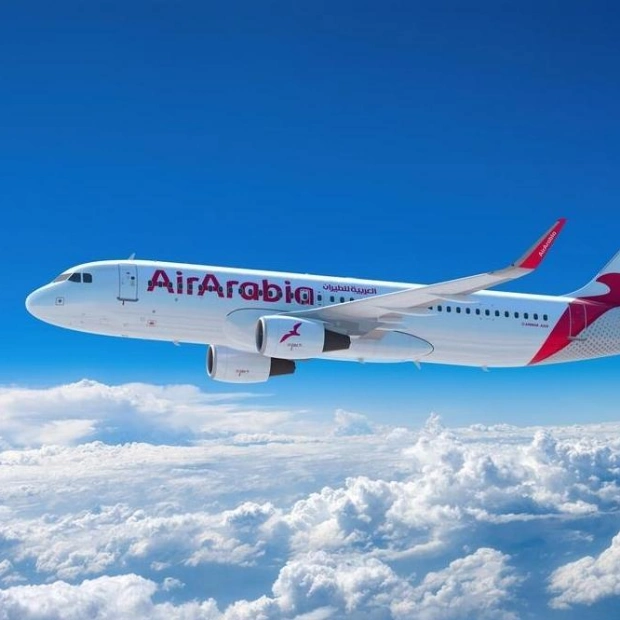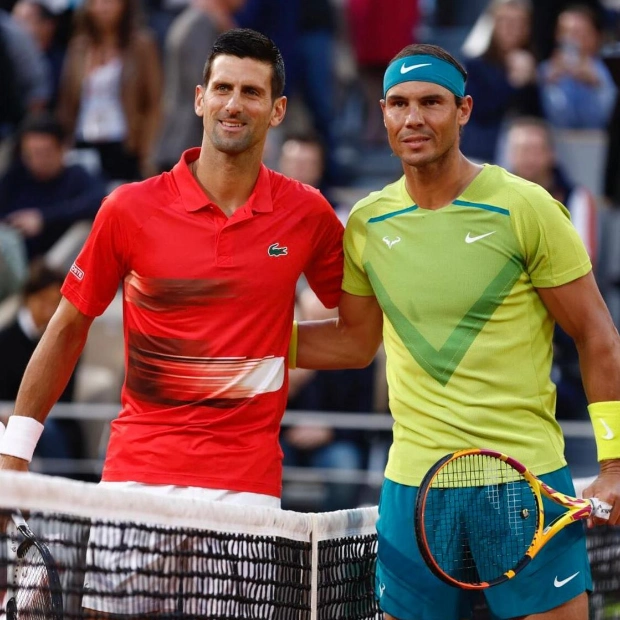Abdullah bin Touq Al Marri, Minister of Economy, stated that the UAE is poised to become a global leader in the new economy within the next decade, driven by recent legislative advancements and economic strategies. He emphasized the nation's ambitious goal to establish a knowledge-based and innovative economy by the next decade, which will serve as a robust catalyst for comprehensive development in the UAE and contribute to achieving sustainable development goals.
During the Sharjah Investment Forum, Al Marri outlined several key initiatives, including amendments to the Commercial Companies Law that permit 100% foreign ownership and the establishment of companies. The UAE has also revamped its visa and residency systems, introducing new pathways for independent business owners and green residency, thereby enhancing the country's appeal to talent, entrepreneurs, and innovative projects. Additionally, the Federal Law on Family Businesses and Dispute Resolution Mechanisms has solidified the UAE's standing as a global leader in regulating family business environments.
The minister further detailed the UAE's development of the National Economic Registry in alignment with global best practices, promotion of green growth policies and the circular economy, and the ambitious target of achieving net zero emissions by 2050. The launch of comprehensive economic partnership agreements with major emerging markets and developing countries, such as India, Indonesia, and Turkey, has opened new opportunities encompassing a fifth of the world's population.
In the first half of 2024, the UAE's non-oil foreign trade reached an all-time high of Dh1.4 trillion ($382 billion), marking an 11.2% year-on-year increase, with non-oil exports growing by 25%. The number of commercial licenses has surged to a record 900,000 since the Companies Law was renewed, with approximately 107,000 licenses issued in Sharjah.
The UAE attracted nearly $31 billion in foreign direct investment inflows in 2023 and $22 billion in outward FDI flows. As a result of these national efforts, the non-oil sector now constitutes about 74% of the total GDP. The minister underscored the importance of fostering an innovative and investment-friendly environment to encourage entrepreneurship and startup formation, ensuring that the national economy's achievements are reflected in strong indicators praised by international institutions.
Al Marri acknowledged that the global economy faces challenges, including economic uncertainty, price fluctuations, and geo-economic fragmentation. Despite these challenges, he expressed confidence that the UAE possesses the necessary tools to address them effectively. The minister reiterated the UAE's commitment to open economic policies, increasing integration into the global trading system, and enhancing the competitiveness of its investment environment, which are crucial for building a knowledge-based economy and maintaining flexibility and adaptability in the face of current and future challenges.
Sharjah, in particular, was highlighted for its diverse economic and investment characteristics and assets, playing a significant role in the UAE's economic diversification, with nearly 96% of its economic activity stemming from non-oil sectors.






